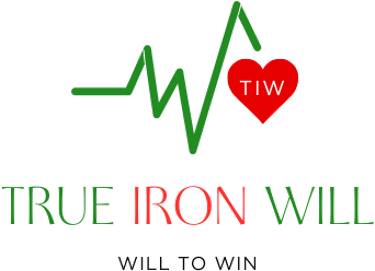Vitamin D May Slow Biological Aging
Will Loiseau
5/23/20252 min read


Roughly two out of three Americans don't have enough vitamin D, with about one in four being truly deficient. This concerning trend has been consistent across major health studies, including data from 2001 to 2018 (Cui et al., Frontiers in Nutrition, 2022).
New Harvard research shows vitamin D supplementation helped preserve (slowed the shortening of) telomeres - the protective DNA caps at the end of chromosomes that shrink as one ages. Results of the study revealed that 900 participants who took 2,000 IU vitamin D daily for 4 years had less telomere shortening compared with placebo group.
The finding suggested that vitamin D may have a role in slowing biological aging. Telomere shortening is a natural part of aging and is associated with an increased risk of various age-related diseases, such as cardiovascular disease, cancer, arthritis, cataracts, osteoporosis, type 2 diabetes, hypertension, and Alzheimer's disease.
My take as a healthspan optimization strategist: Prioritize smart sun exposure (the best source of vitamin D). Here's what you need to know about sun exposure:
Darker skin needs more, lighter skin needs less. This is because darker skin has more melanin, a compound that may slightly inhibit vitamin D production.
Vitamin D is made from cholesterol in the skin. That means you need to expose lots of skin to the sunlight to make enough. Some scientists recommend exposing around a third of the area of your skin to the sun.
If concerned about ultraviolet B (UV-B) rays, benefits can also be derived from sunrise/sunset light, which is particularly low in UV-B. Sunrise/sunset light is full of UV-A and IR-A (infrared) lights, which can reduce risk of sunburn, sync circadian rhythm for better sleep, improve energy levels throughout the day, reduce anxiety symptoms, improve mood, alleviate chronic inflammation, and help improve skin health.
While sunlight is great for vitamin D production, too much of it can be dangerous (sunburns, eye damage, faster skin aging, skin changes such as freckles and moles, heat stroke, skin cancer). Take precautions to prevent overexposure to sunlight; your exposure time should depend on how sensitive your skin is to sunlight.
A good diet and lifestyle play a significant role in how your skin reacts to the sun. For better sun tolerance:
eat foods rich in omega-3 fatty acids (walnuts, flaxseed, chia seeds) and antioxidants (berries, leafy greens, carrots, bell peppers)
gradually expose your skin to sunlight
Stay Hydrated: Direct exposure to the sun causes you to dehydrate more easily. Dehydration (when the body loses more fluid than it takes in) will cause thirst, lethargy, dizziness, and headaches, but prolonged dehydration begins to cause the body to shut down. Proper hydration also helps keep your skin healthy and resilient.
Supplement strategically when sun exposure isn't enough in your area.
What many may not know: Your telomeres are longest in winter and shortest in summer - the exact opposite of when your vitamin D is highest. This suggests vitamin D's ability to help against premature aging isn't about maintaining high levels, but about preventing the crash when you're deficient.
Natural vitamin D from intelligent sun exposure beats pills every time.
Start Your Transformative Journey Today
© 2026 True Iron Will LLC. All Rights Reserved .
Mailing Address:
1317 Edgewater Drive #1297
Orlando, FL 32804
TrueIronWill1@gmail.com
